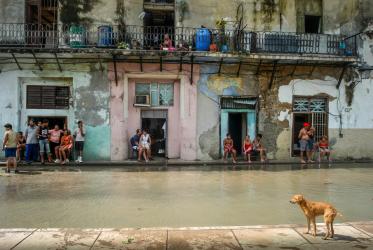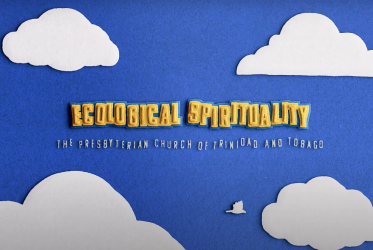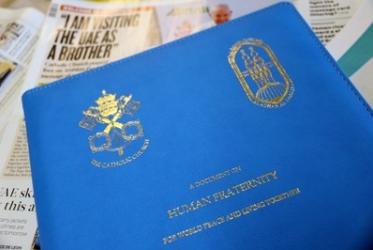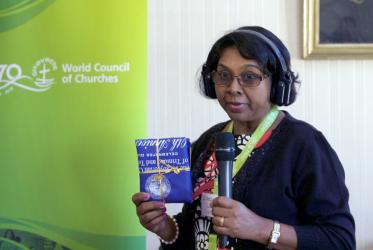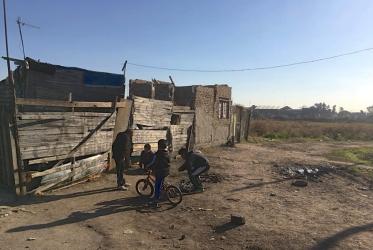Displaying 1 - 20 of 49
Interfaith Rainforest Initiative expands
12 February 2019
WCC Eco-School encourages youth to become eco-ambassadors
08 November 2018
Trinidad and Tobago church challenges plastic pollution
09 October 2018
Les Églises de Trinité-et-Tobago défient la pollution plastique
09 October 2018
#WCC70: A story of life
07 June 2018
